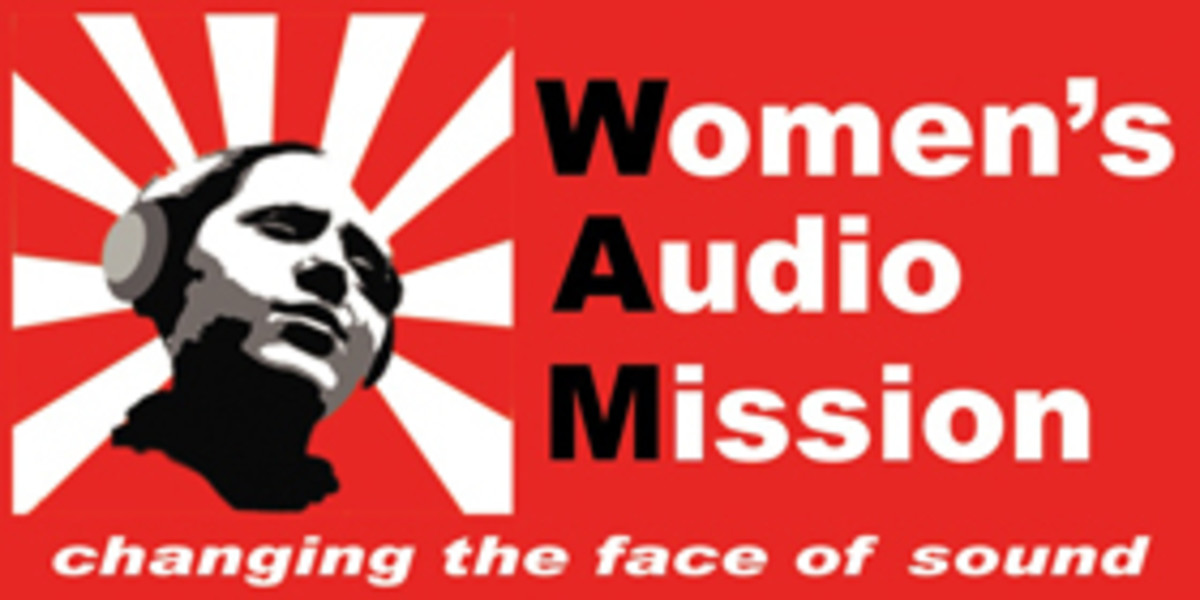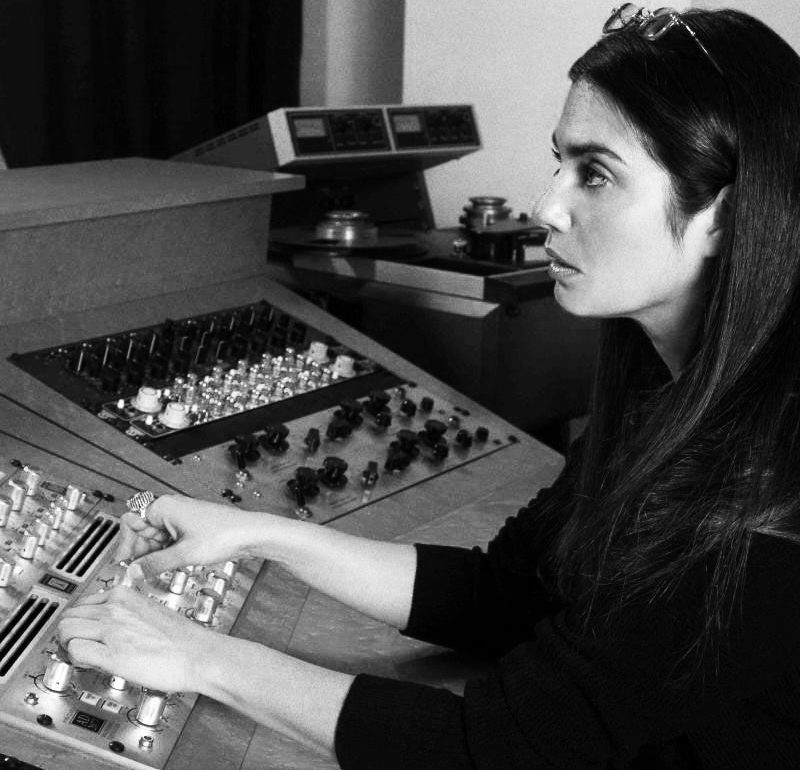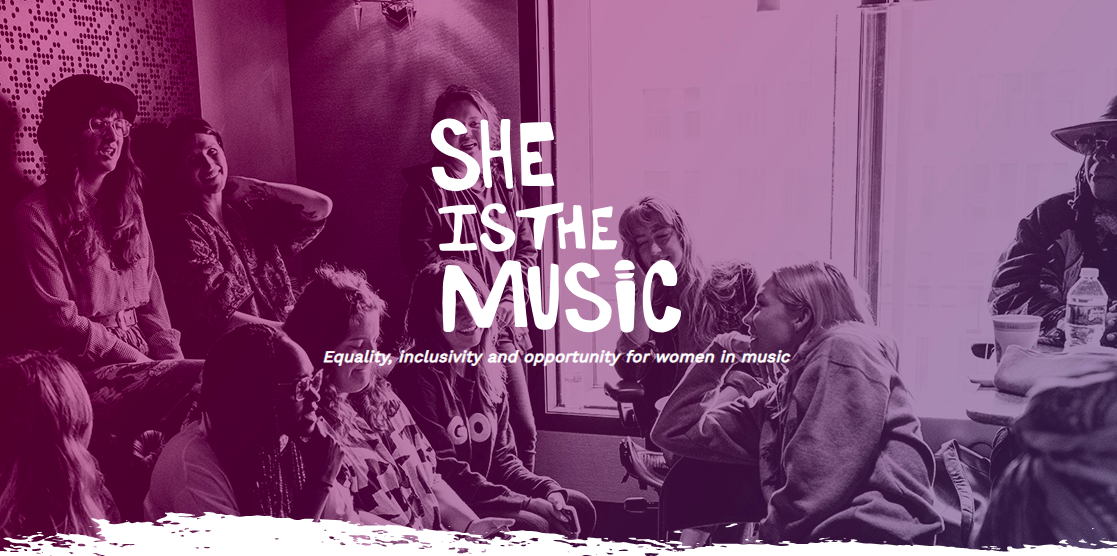Written by Jenna Dreisenstock
Feature Image: Emily Lazar
As the Me Too movement continues it’s propulsion into the mainstream, it’s uplifting to see those in positions of power – that includes fame – use their voices, and the means at their disposal to do what they can in the fight for womxn’s rights. With the widespread support further bringing to light to the inequality womxn around the world are faced with on a daily basis, each and every action taken on behalf of individuals in the liberation movement counts.
However – it goes without saying that in every movement there are always those who are left behind, in one form or another. In the early womxn’s rights movements (and even now, sadly.) womxn of colour have been left out of the conversation – in the LGBTQ community, transgender folks have not exactly had their voices heard. When it comes to empowerment in the workplace, it’s admirable to see companies stepping up and ensuring inclusivity with their hiring policies. As I watch womxn in the public eye slowly ensuring more visibility in the industry – as musicians and actresses – and speaking out for those who are not necessarily in the public eye, it’s still easy to forget about what’s happening behind the scenes in these same industries.
I was pleased to see the news that an initiative has been launched titled The Producer & Engineer Inclusion Initiative which looks to empower womxn who make our favourite hits possible. This is quite a big step, as I’ve often thought about how those in the public eye may be receiving more visibility and opportunity, whereas those who make it all possible are not receiving those same opportunities. This applies to every entertainment industry – in music we have female sound engineers, producers and composers falling under the radar. In film, despite the push for recognition for female directors (which is still moving at an upsettingly low speed, if I’m honest) we often forget that behind the films are an entire crew, too: cinematographers, editors, set and costume designers, sound designers and engineers, score composers, producers, writers and so on. The same applies in the animation and gaming industries, where womxn on the technical side often don’t get their chance at inclusivity.
Where movements often fall short is when the issue is very much talk and no action, or a push for inclusivity that comes with a kind of disingenuous tone that to me, sometimes comes across as pitiful. As though it’s implied “they might not be as good, but just give them a chance.” kind of thing. I’m not sure if it’s just me, but that kind of condescending attitude worms it’s way into a lot of initiatives and it’s quite representative of where we are at empowering womxn who are not necessarily famous. I’ve seen this type of issue in practice when it comes to film and gaming, where very often men will celebrate female directors and artists, yet those same men magically disappear when we try and have an actual conversation about womxn who work in different areas. Personal example – I attended an annual animation festival last year, and the room would fill with all types of people when well-known female artists or directors would speak (and the occurrence of that was disappointingly limited) yet when attending a talk on empowering womxn in the animation working world – specifically in programming, for example; the lack of men in the room was evident.
The point is, it’s important we take a moment to recognise in our support of these movements for womxn’s empowerment in the workplace – that every womxn is taken into account, that their talent is celebrated and recognised. With that, I applaud the The Producer & Engineer Inclusion Initiative and leave readers with the resources to support the two non-profit organisations the initiative is highlighting: Women’s Audio Mission, and She Is The Music.

Check out their sites, donate and support – and show your true backing in the fight for womxn’s rights with the means at your disposal.





